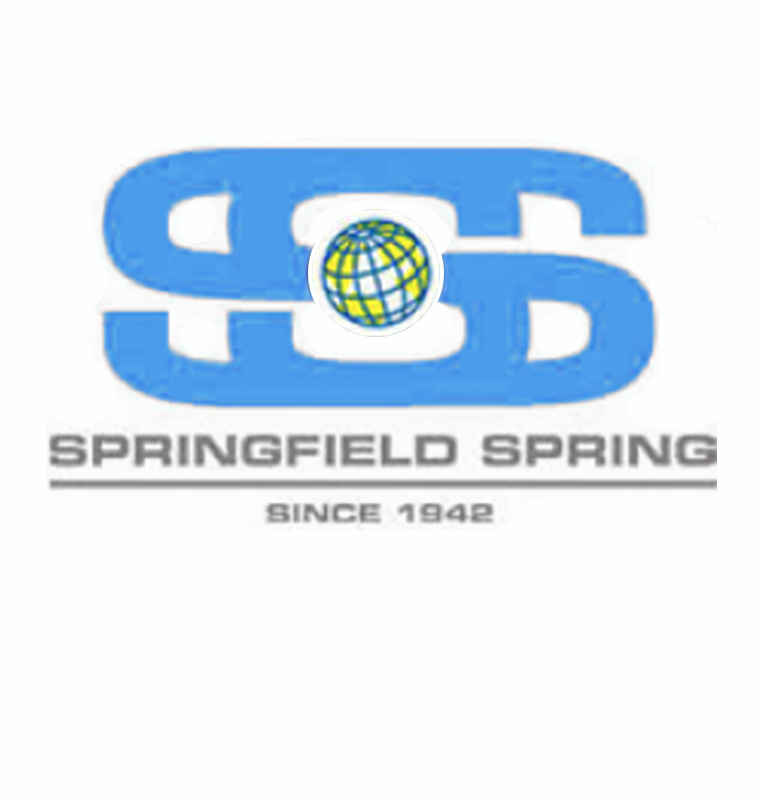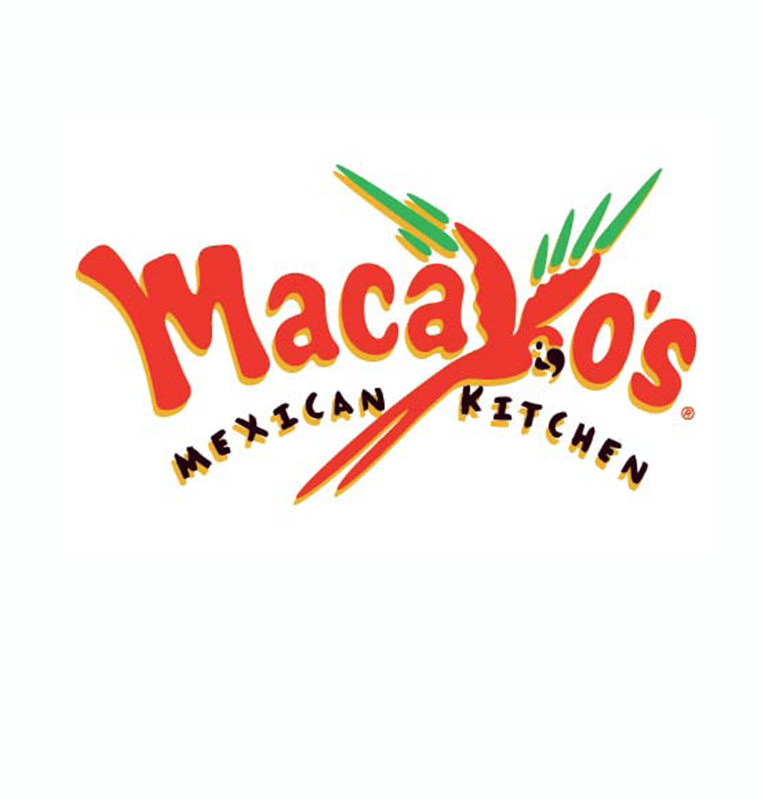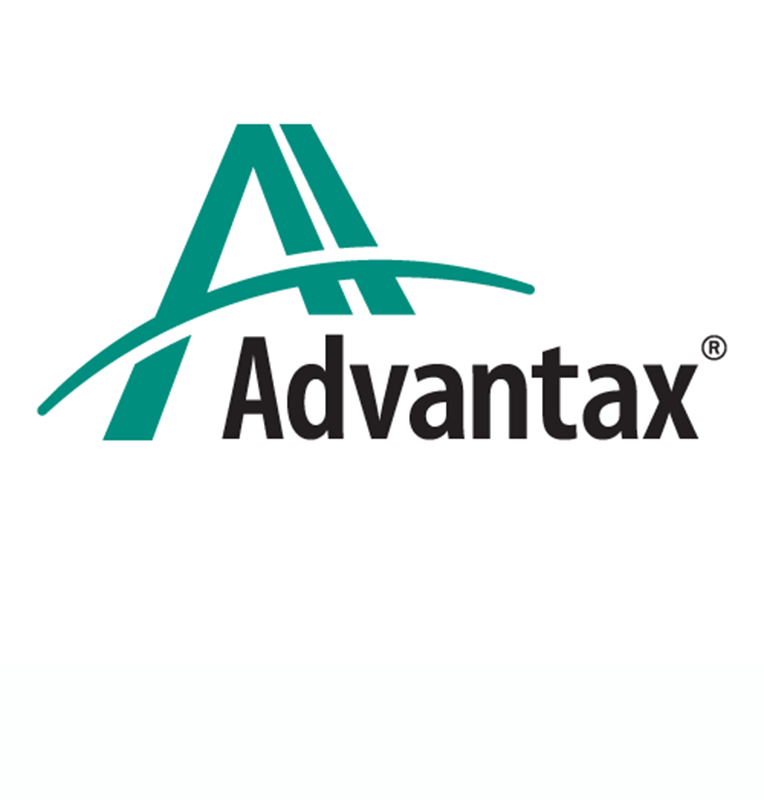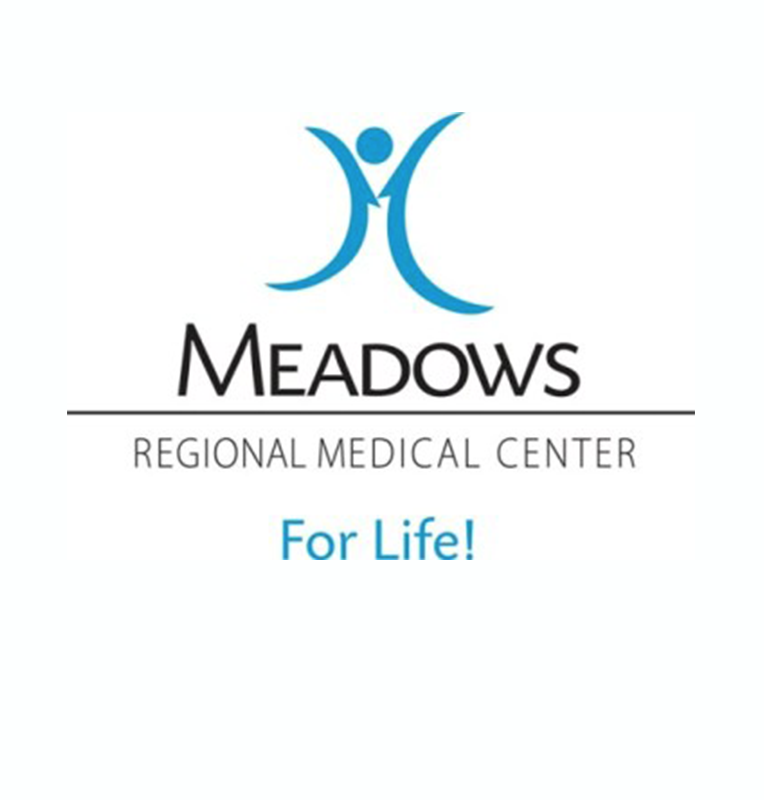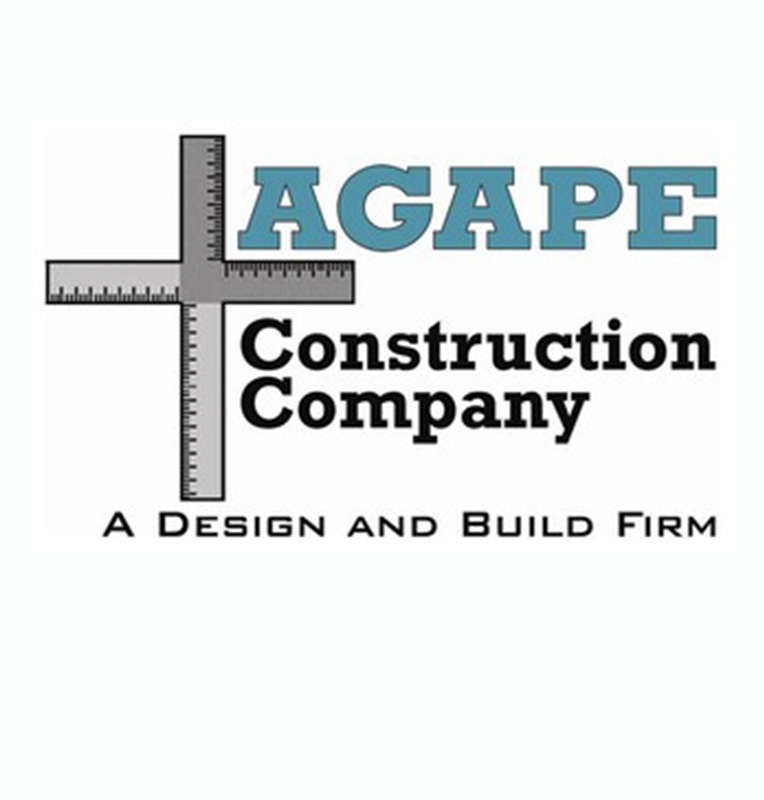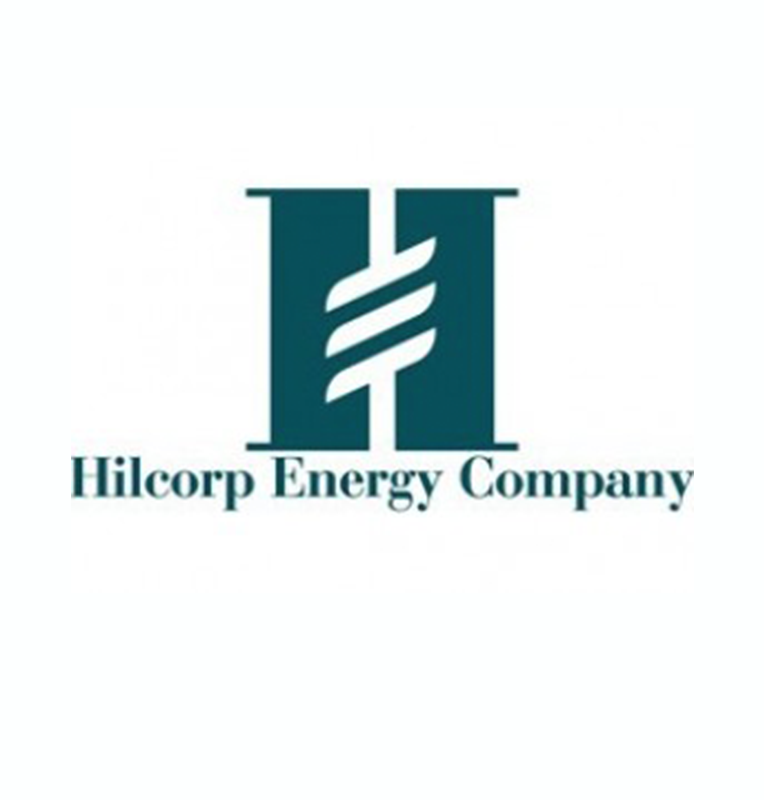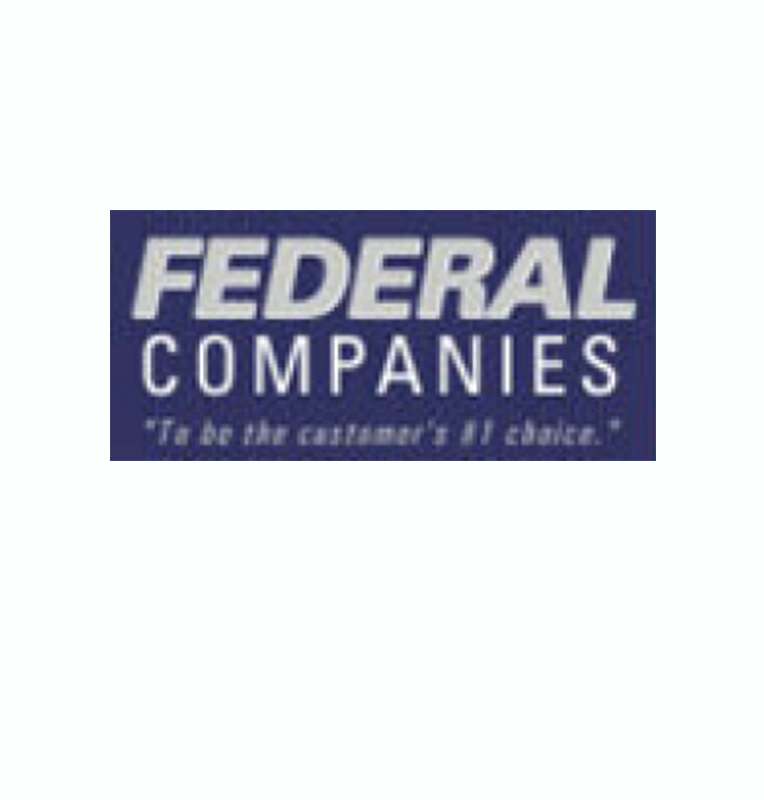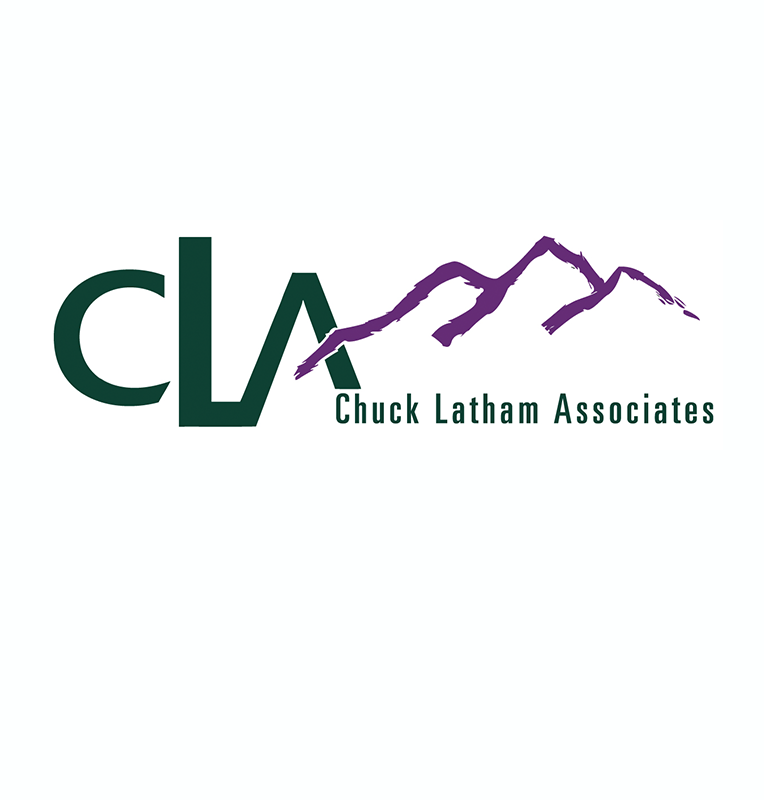Company Background
Woodward Printing Services (WPS) – a division of Woodward Communications – is a full-service, progressive printing company that specializes in high-quality web and sheet-fed printing, mailing and delivery. To date, WPS is the only one of Woodward’s six divisions to have opened their books, but their early success has sparked Tom Woodward, great-grandson of the company’s founder and current president and CEO, to think about expanding it throughout the company. “From my seat, the Great Game of Business fits nicely into our participative culture and family atmosphere, which dates back 100 years,” says Woodward.
Business Challenges
Commercial printing is an extremely competitive business with razor-thin margins, which means any job has the potential to turn into a loss if any mistakes are made. And, despite being a 60% employee-owned company, they needed to get more efficient. Case in point: while WPS generated about 12% of Woodward’s revenues, it represented less than 4.5% of its profits. “It was somewhat embarrassing that we didn’t have a good handle on profita-bility,” says Marty Ploessl, WPS’ operations manager. “We needed to find a way to help employees understand more clearly how what they do impacts the bottom line.”
.png)



